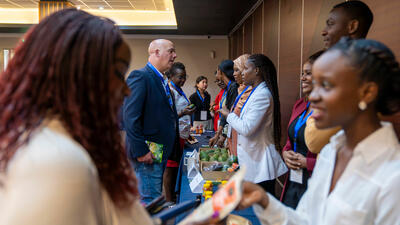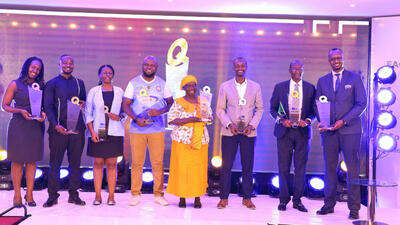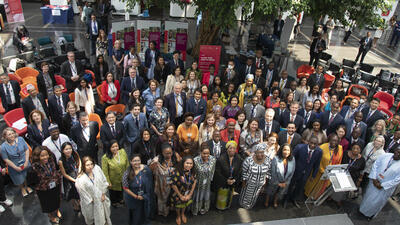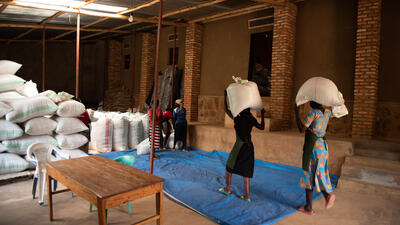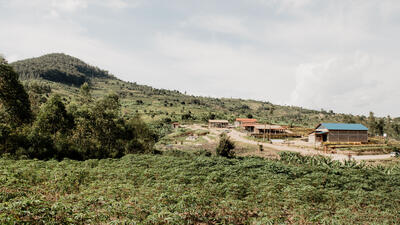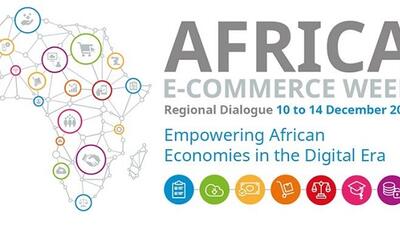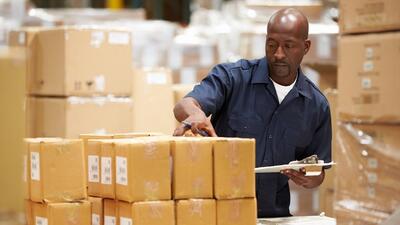Les sessions plénières du WEDF 2014 mettent en lumière la création d'emplois grâce à l'export des PME (anglais)
Participants at the 14th World Export Development Forum (WEDF), which will be held in Kigali, Rwanda, 15-17 September, 2014, will have the opportunity to attend five plenary sessions featuring high-level speakers working in complex and dynamic environments. The speakers will address the unique challenges faced by small and medium-sized enterprises (SMEs) in developing countries and economies in transition, and propose solutions based on partnership, inclusiveness and sustainability.
There will be two plenary sessions on 16 September. (See our recent article for a review of the six WEDF breakout sessions.)
Participants in the opening plenary, entitled “Unlocking SME competitiveness for diversification”, will explore how developing countries and economies in transition are playing an increasingly important role in international trade, and how the internationalisation of SMEs can lead to a wider distribution of wealth and contribute to the alleviation of poverty. This panel will set the scene for WEDF 2014 by focusing on strategies to unlock the international competitiveness of SMEs and their ability to link to international value chains on a sustainable basis.
The second plenary session, “Boosting SME participation in international trade: the role of trade facilitation and regional integration”, will focus on trade-facilitation measures to foster SME participation in value chains, particularly for landlocked countries. Panellists will review the implementation status of the multilateral Trade Facilitation Agreement and its consequences for the private sector. They will review how the potential of regional integration must be unlocked to increase intra-regional trade in developing country regions, particularly in Africa where the share of regional trade is significantly lower than in other continents.
The first plenary session on 17 September will cover the topic “Benefiting from South-South trade opportunities”. In the past decade, and particularly in the wake of the 2008 financial crisis, developing country exports to emerging economies have expanded faster than exports to the developed world. The discussion will centre on how the rise of the South in the global industrial economy has added new perspectives to the rapidly changing nature of international industrial development cooperation, and how SMEs can join and move up in value chains headed by multinationals from emerging countries.
Participants in the next plenary, “Tourism for development: opportunities for SMEs”, will discover how international tourism can be a conduit for development and offer SMEs from various sectors the opportunity to participate in international trade by selling goods and services to tourism service providers and their clients.
Following a round of breakout sessions the final plenary, “Why buy from women-owned enterprises,” will feature how women’s economic empowerment must be an integral part of the global development agenda not only because it generates employment, but also because women reinvest up to 90% of their earnings in the family, linking trade to development. Female entrepreneurs are a growing economic force with 34% of firms worldwide having female participation in ownership, and yet women only have access to a limited share of procurement opportunities.
Visit the WEDF webpage for more information on the programme, speakers, and the facilitated business networking sessions for participants. Over 500 participants will participate in WEDF, including business leaders, senior policymakers and heads of trade support institutions. Session summaries will be published on the WEDF web site before the end of each day and those unable to attend can follow the conference live via the WEDF twitter feed.




